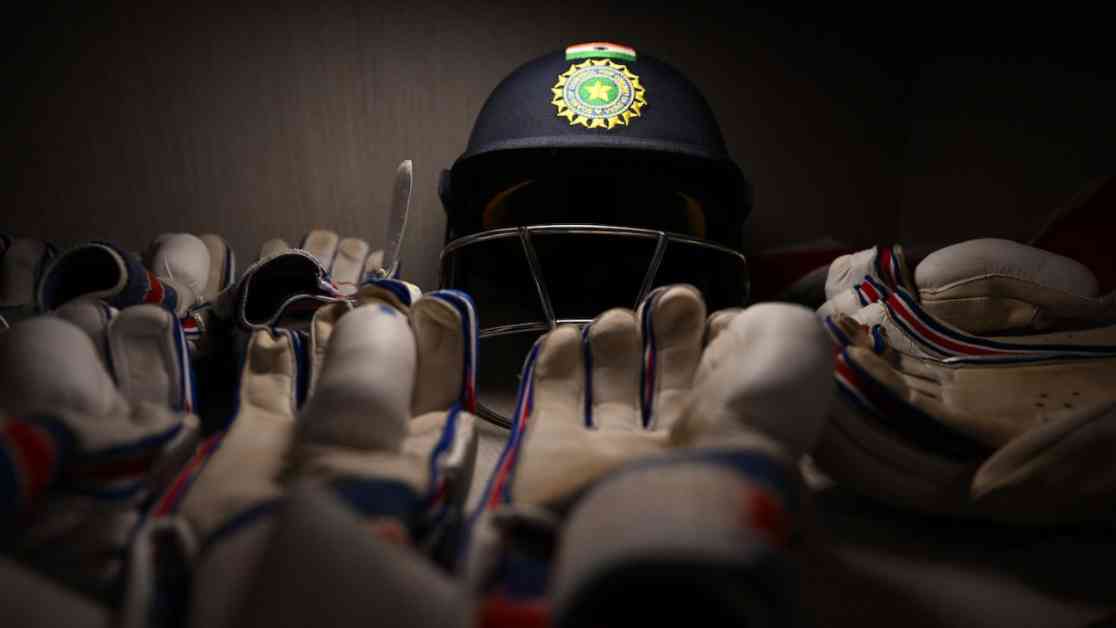Our correspondent found himself standing at the entrance of the Indian squad’s changing room at the Optus Stadium in Perth. The door had a sign that read “India Changing Room”, and he was part of a group of journalists being led inside by a stadium escort. It felt like a rare opportunity to see behind the scenes of the team’s inner sanctum, almost like what one would expect from a documentary on Amazon Prime.
There was a slight misunderstanding, though. The escort had mistaken the journalists for the Indian selectors he was supposed to bring in. So, there we were, just steps away from potentially witnessing Virat Kohli post-shower or witnessing someone activate Jasprit Bumrah’s artificial intelligence. It was an exciting moment, and it felt like we were about to uncover some exclusive insider secrets.
However, reality soon set in. After about eight hours and a realization that we had no legitimate reason to be in the team’s dressing room, we had to come to terms with the fact that our initial expectations might not be met. But instead of the inside scoop we were hoping for, I found myself reflecting on the experience and writing this blog entry.
While I may not have gotten the exclusive access I had initially anticipated, the journey to the verge of entering the sanctum sanctorum of the Indian squad in Australia was still a memorable one. It served as a reminder of the importance of respecting boundaries and understanding that some spaces are meant to be private, even in the world of sports journalism.
As a sub-editor at ESPNcricinfo, this experience has given me a new perspective on the dynamics between journalists, athletes, and the spaces they inhabit. It’s a lesson in professionalism, ethics, and the need to balance the quest for a story with the importance of maintaining boundaries and respecting privacy.
In the end, while I may not have stepped foot inside the India changing room, the journey towards it was filled with valuable insights and reflections. And sometimes, the stories we don’t tell can be just as meaningful as the ones we do.
